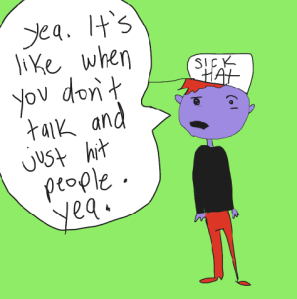Folks, it’s been a while. I fell off the bandwagon and into the void. This beautiful blog sat lonely and afraid in the dark, like a little ghost after their haunted house was demolished and replaced with a new modern townhouse.
I didn’t know how to break the ice and enter the stage, the blog stage…the blage. So, I’ve decided to WING IT and share a tale of no importance whatsoever. Hold onto your ciders, quirksters.
It started one ordinary night. I had just finished slaving away on 400 dishes left in the sink. My hands were a pruny, sad sight. I don’t entirely understand why this happens, but I hate it, I thought, as I gazed down up the wrinkled blobs that were my palms and fingers. It was summertime, and I was in need of a cool drink before bed. In the fridge my eyes wandered to a small bottle of lemon flavored carbonated water.
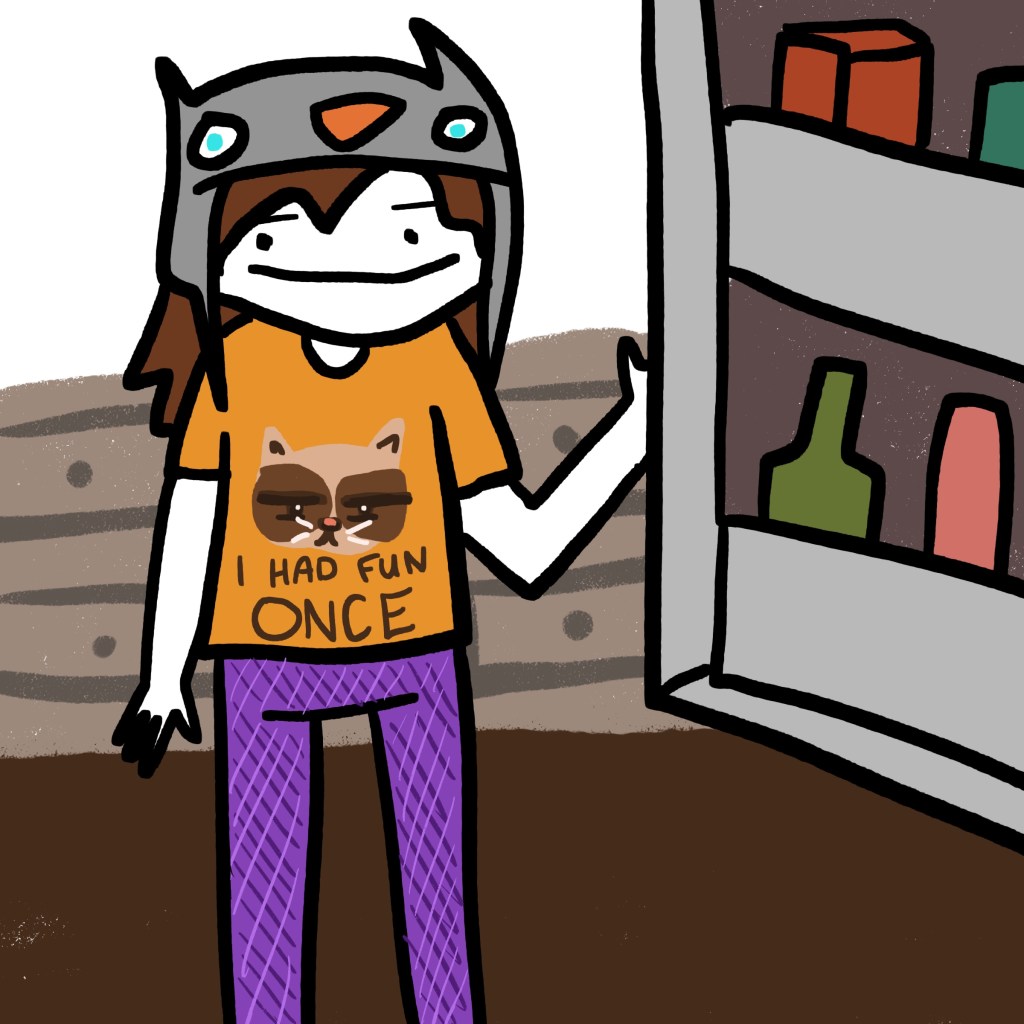
After pouring myself a tall glass of fizzy, I trudged to my bedroom and began to get ready to call it a night. After snuggling in and reading some kind of depressing fiction, the lights went out and I prepared to enter the dreaming hours.
Except I wasn’t falling asleep.
It was getting late, and I remained awake. Awake is my least favorite kind of state. Sleep is the time for my neurodivergent mind and body to figure out all kinds of stuff, like why I can’t go up or down stairs, or why the feeling of the seams in socks make me turn into a neurotic mess, or what I’m gonna do when the planet dies and I have to pick another one to live on but they are all terrible.
During the pre-sleep time, I became increasingly agitated. I tossed. I turned. I did the electric slide under the covers. I turned on the fan. I opened the window. I took a sip of fizz. I flipped over the pillow. I recited all the presidents of the U.S. in order starting with George Washington in 1789. (Yes, I can really do this. It’s my one talent.)
Yet, I couldn’t sleep.
Enter our antagonist.
Suddenly, the gears in my brain were able to produce a lead in this investigation of why I couldn’t fall asleep.
TINK. TINK. TINK TINK. TINK
No, it wasn’t Tinker Bell, good guess though.
It was a quiet – so quiet – gentle tinkling sound. Imagine if Tinker Bell had long nails and was gently clinking them on the side of a glass cup, like one of those ASMR YouTubers.

This is the scenario. Except my unfortunate soul, who can hear LITERALLY EVERYTHING, could not tune this out. I could not sleep until I put a stop to this madness. Cue me turning into an absolute werewolf and tearing apart my entire bedroom trying to find the source of the TINK.

I turned out my desk; crawled around on the floor like a creepy girl in a Japanese horror movie; I repeatedly smacked my electronics; I unplugged and replugged all the things.
With no success, I left my room, went downstairs and out the door (like a maniac). If I couldn’t find the source of the sound inside my house, surely, it was coming from outside. Logic?…..
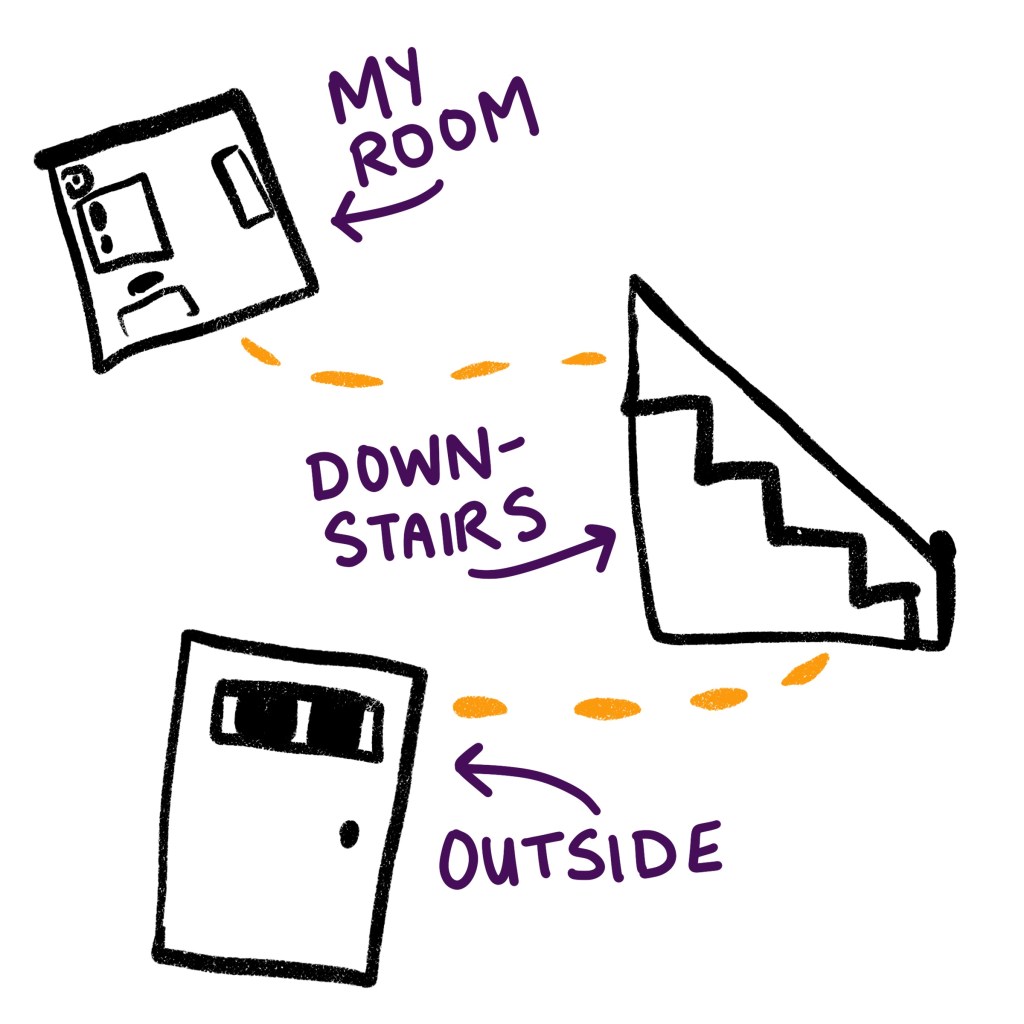
I stood outside my house, in the darkness. The critters of the night were singing loudly in the dense woods.
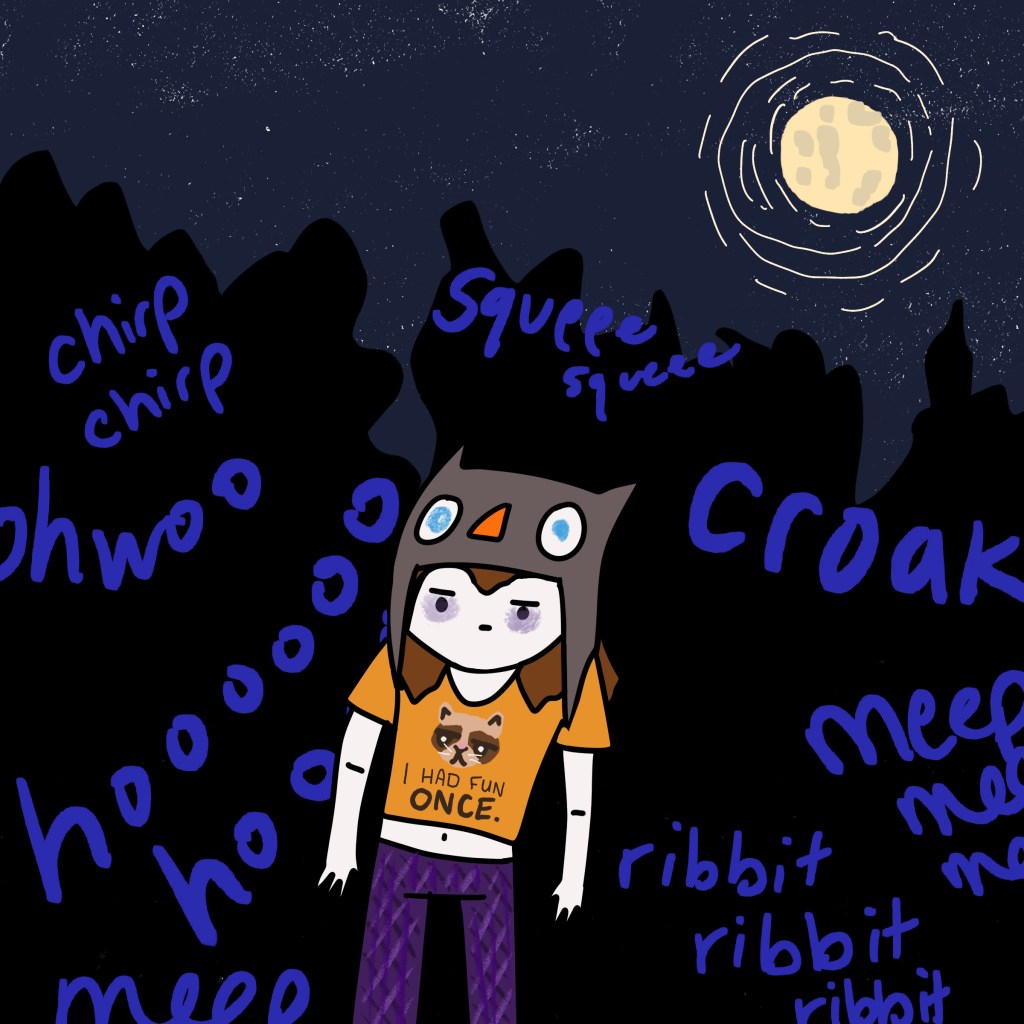
SUDDENLY –

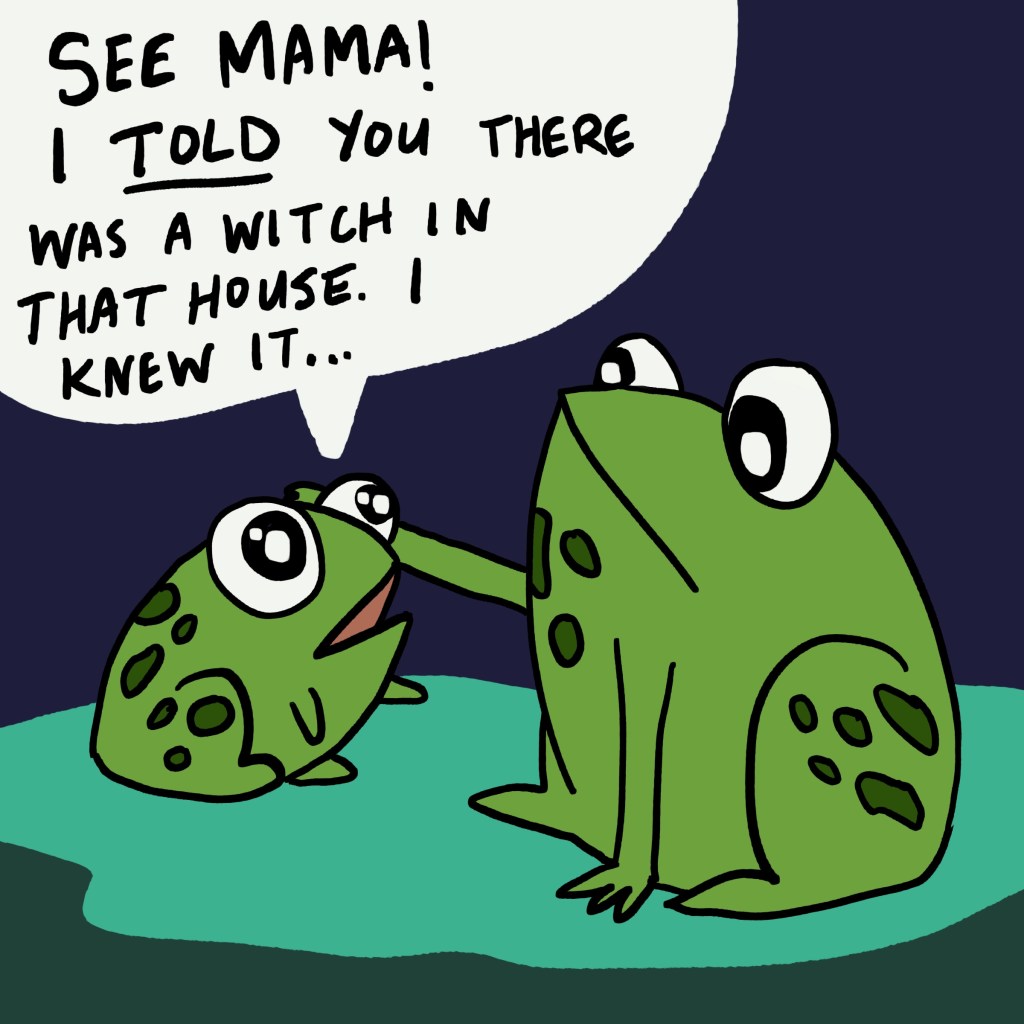

After verbally assaulting all of nature, I retreated to my room, dejected. I could still hear the TINK CLINK TINK CLINK CLINK. I tried a new approach. One that I knew would fail, but had to go for anyway.

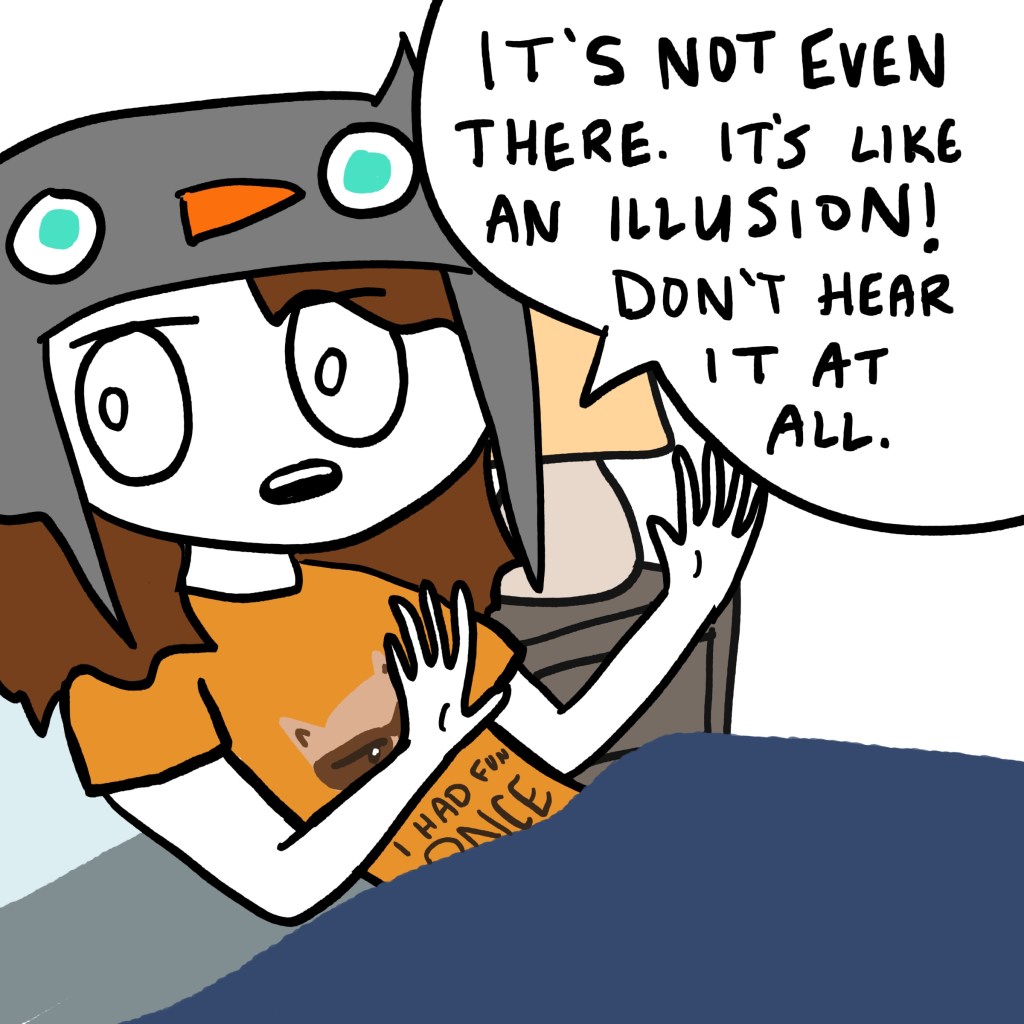



It was no use. Brain wasn’t grasping the concept of “just ignore the sound.” As I thought about moving to the couch for the night, I reached over to grab a sip of fizzy.
WAIT. THE FIZZY.

I peered maniacally over the top of the cup. Little baby bubbles were drifting slowly to the surface. When they would reach the top, they would go: tink tink clink tink tink. It was a sound so quiet that only a person with supersonic hearing and an undeniable predisposition for chronic stress could pick up on. These baby bubbles – how they mocked me.


Horrified, I downed the entire glass of sparkling water was quickly as possible.

With my room trashed, the woodland critters emotionally scarred, and my tummy full of demonic baby bubbles, I closed my eyes and collapsed into the dark silence.
As I drifted into the quiet bliss, snuggled under the cozy blankets, I could feel the Sandman coming closer. At last, sleep. Until-

xo kelly





